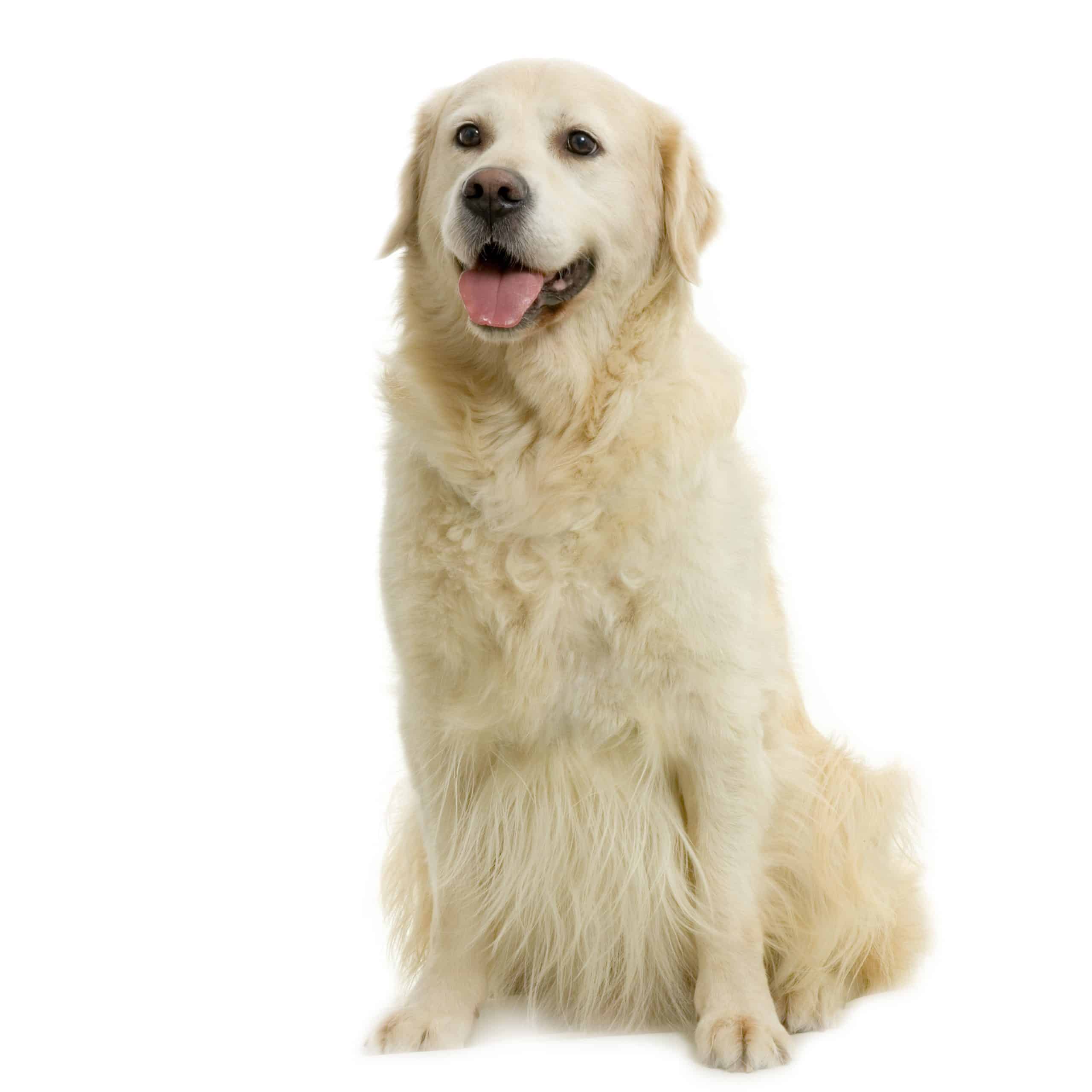In the exhilarating world of soccer, the goalkeeper’s role is arguably the most challenging. Their unique position on the field requires not only physical prowess but also mental acuity. This article aims to divulge how goalkeepers can enhance their situational awareness and reflexes to improve their penalty game savviness.
The Importance of Situational Awareness for Goalkeepers
As a soccer goalkeeper, your primary responsibility is to prevent the opposing team from scoring a goal. To accomplish this, you need to be aware of every movement on the field, from the positioning of the players to the trajectory of the ball. This ability to accurately assess your environment is known as situational awareness.
Also read : What Are the Best Practices for Load Monitoring in Professional Dancers?
Situational awareness is not just about perceiving what is happening around you; it’s also about understanding how information, events, and actions will impact your goal-keeping performance in the present and future. This foresight allows you to make informed decisions and react swiftly to the game’s dynamics.
This section will delve into how goalkeepers can heighten their situational awareness, particularly when facing potentially game-deciding penalty kicks.
In parallel : What Are the Implications of VR Simulations for Strategy Training in Cricket Bowlers?
Training Drills for Enhanced Situational Awareness
Training drills are invaluable tools to develop and hone situational awareness. By repeatedly exposing oneself to different game scenarios, a goalkeeper can improve their ability to predict patterns, anticipate moves, and make split-second decisions.
Keepers should participate in drills that simulate real match situations. These drills should take into account the positioning and movement of players, the trajectory of the ball, and the timing of the play. Playing against different kinds of attackers can also help goalkeepers to read various styles and techniques, thus improving their ability to anticipate the direction of the ball during a penalty kick.
Reflex Training: A Critical Aspect of Goalkeeping
Reflexes are integral to goalkeeping. The ability to respond quickly and appropriately to a ball shot at high speed can be the difference between a save and a goal. This is particularly true in penalty situations, where the keeper has little time to react to the kicker’s shot.
While reflexes can be naturally fast for some individuals, they can be improved through regular training. Goalkeepers should consider incorporating reflex drills into their training regime to increase their reaction time.
Improving Reflexes Through Specific Drills
There are several drills that goalkeepers can practice to improve their reflexes. One common method is the use of reaction balls, which bounce unpredictably. This unpredictability forces the goalkeeper to stay alert, improving their reaction time.
Another beneficial drill is the rapid fire drill, where multiple balls are shot at the goalkeeper in quick succession. This not only helps improve their reflexes but also their ability to quickly reset and prepare for the next shot.
Moreover, goalkeepers can also work on their hand-eye coordination, a critical aspect of reflex training. This can be done through simple drills like juggling or catching a tennis ball.
Goalkeepers, Penalties, and the Mind Game
Penalties are not just a test of skill but also a psychological battle. The pressure is immense; a successful save can turn the tide of the match, while a goal can be devastating. It’s a face-off between the kicker, who is trying to deceive and outwit the keeper, and the keeper, who is trying to read and anticipate the kicker’s move.
To win this mind game, goalkeepers must learn to read the cues from the penalty taker. These cues can be in the form of body language, the positioning of the run-up, or even past penalty habits.
Leveraging Psychological Insights in Penalty Situations
Studying opponents is an effective strategy for goalkeepers. By understanding the penalty habits of the opposing team’s players, the goalkeeper can anticipate their likely moves. This knowledge, combined with situational awareness and fast reflexes, can give the keeper an upper hand during penalty kicks.
In addition, keepers can also utilize psychological tricks to gain an advantage. For instance, they can try to disrupt the penalty taker’s concentration or make themselves look larger in the goal to intimidate the kicker.
Remember, every bit of information and mental strategy can help give you an edge in these high-stakes situations.
Physical Conditioning: The Base of Good Goalkeeping
While mental acuity and reflex training are crucial, they must be built on a foundation of excellent physical conditioning. A goalkeeper can possess the best understanding of the game and lightning-fast reflexes, but without the physical ability to execute, these skills will remain underutilized.
Physical conditioning not only affects a goalkeeper’s performance but also their resilience and longevity in the sport. Regular strength, flexibility, and endurance training should be part of every goalkeeper’s routine.
Incorporating Fitness into Goalkeeper Training
A well-rounded goalkeeper’s training regimen should include exercises that improve strength, agility, and cardiovascular fitness. Strength training can help protect the body from injuries and improve performance in goalkeeping-specific tasks, like diving or jumping.
Agility training can enhance a goalkeeper’s quickness and flexibility, critical for making acrobatic saves. Cardiovascular fitness not only helps with endurance but also aids in quicker recovery during and after games.
Ultimately, being physically fit can significantly improve a goalkeeper’s performance on the field, giving them the physical capacity to utilize their situational awareness and reflex skills efficiently.
Advanced Equipment: Enhancing Reaction Time and Decision Making
In the ever-evolving game of soccer, cutting-edge equipment also plays a crucial role in enhancing a goalkeeper’s performance. One cannot overlook the importance of high-quality goalkeeper gloves in improving grip, control, and ultimately, shot stopping ability.
Goalkeeper gloves are designed to provide excellent grip, cushioning, and comfort. They help in catching, holding and throwing the ball more effectively. They are especially crucial during penalty kicks when the keeper must react swiftly and decisively.
Moreover, in the youth soccer leagues, it’s essential to introduce advanced equipment early on to young goalkeepers. This familiarizes them with the benefits and utilization of such equipment, aiding in their overall development.
Augmenting Training Sessions with Technology
In today’s tech-savvy world, incorporating technology into training sessions can be considerably beneficial. For instance, Virtual Reality (VR) simulations allow goalkeepers to experience a variety of match scenarios. This can significantly improve their decision-making abilities, especially within the penalty area.
A well-structured VR session can simulate different penalty kicks, replicating actual match pressure. This exposure helps goalkeepers to anticipate better, make quick decisions, and refine their techniques, ultimately improving their performance in real-life matches.
The Art of Communication: Orchestrating Their Team’s Defence
The goalkeeper position, though often solitary, requires excellent communication skills. A goalkeeper, stationed at the back, has a unique vantage point. They can see the entire field and all their teammates. Thus, they play a pivotal role in organizing the team’s defence, directing players, and making key decisions.
Effective communication is not just about shouting instructions but also about listening, understanding, and responding to their team’s needs. This skill is crucial in maintaining order, especially during free kicks and penalty kicks.
Fostering Effective Communication in Training
Soccer training drills that focus on communication can help goalkeepers enhance their leadership skills. These drills should encourage goalkeepers to guide their teammates, call out potential threats, and orchestrate defensive formations.
These drills will help goalkeepers improve their confidence, decision-making abilities, and their team’s overall defensive performance.
Conclusion
In conclusion, improving a goalkeeper’s situational awareness and reflexes for penalty saves requires a comprehensive approach. It involves enhancing physical conditioning, honing mental acuity, utilizing high-quality equipment, incorporating technology in training sessions, and fostering effective communication skills.
Remember, each goalkeeper is unique, and what works for one might not work for another. Therefore, it’s essential to tailor training techniques to meet individual needs. It’s a continuous journey of learning, adapting, and improving. With dedication, practice, and the proper technique, any goalkeeper can improve their penalty game savviness. It’s all about being prepared, staying focused, and giving your best during those game-deciding moments.











